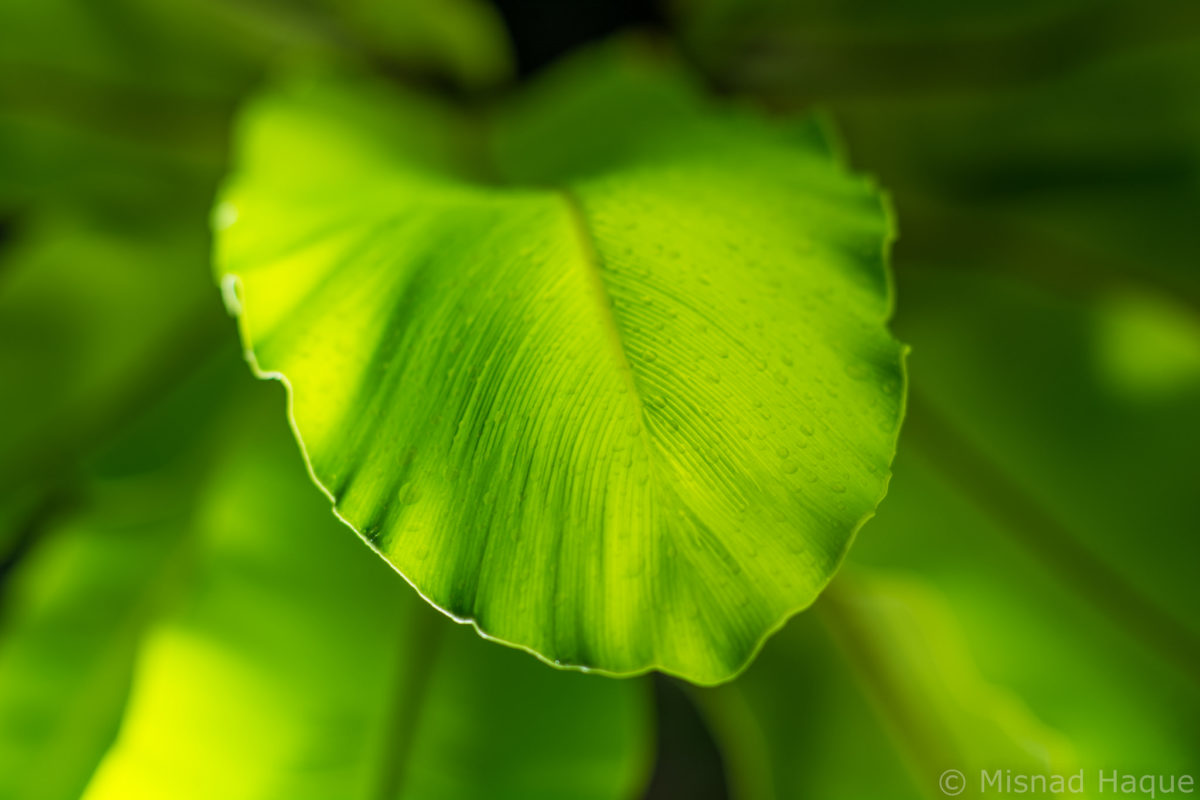Researchers at Georgia State University have been able to prove that a process called inverted-region electron transfer is responsible for high energy efficiencies seen in natural photosynthesis. This could translate to artificial solar cells, and allow scientists to develop methods of increasing conversion efficiency.
Scientists have previously observed that ‘back electron transfer’ – whereby an electron returns to its original starting point and captured energy is lost – is a common occurrence is solar cells, but not in photosynthesis. In their study, published in journal Proceedings of the National Academy of Sciences, provides evidence that inverted-region electron transfer can explain this phenomenon.
“Plants convert solar energy ultra-efficientlty, considerably more efficiently that any artificial solar cell, explains Georgia State Professor Gary Hastings, lead author of the study. “In photosynthesis, light comes in, an electron moves across a membrane and it doesn’t come back. The big problem with artificial systems is the electron does go back much of the time.
Popular content
Understanding natural processes of energy conversion and storage could bring about key developments in the future for solar. Earlier in 2017, a team of Australian scientists developed an electrode which could allow all in one capture and storage, by looking at patterns seen in a species of fern.
“The details that underlie efficient solar energy conversion in plants are poorly understood,” continues Hastings. “This is unfortunate, as detailed knowledge in this area is important to aid in quests to design economically viable artificial solar converters. Our work has revealed one design principle that is at play in efficient solar energy conversion in plants, and the hope is that this principle could be utilized in the design of new and better types of artificial solar cells.”
This content is protected by copyright and may not be reused. If you want to cooperate with us and would like to reuse some of our content, please contact: editors@pv-magazine.com.



By submitting this form you agree to pv magazine using your data for the purposes of publishing your comment.
Your personal data will only be disclosed or otherwise transmitted to third parties for the purposes of spam filtering or if this is necessary for technical maintenance of the website. Any other transfer to third parties will not take place unless this is justified on the basis of applicable data protection regulations or if pv magazine is legally obliged to do so.
You may revoke this consent at any time with effect for the future, in which case your personal data will be deleted immediately. Otherwise, your data will be deleted if pv magazine has processed your request or the purpose of data storage is fulfilled.
Further information on data privacy can be found in our Data Protection Policy.